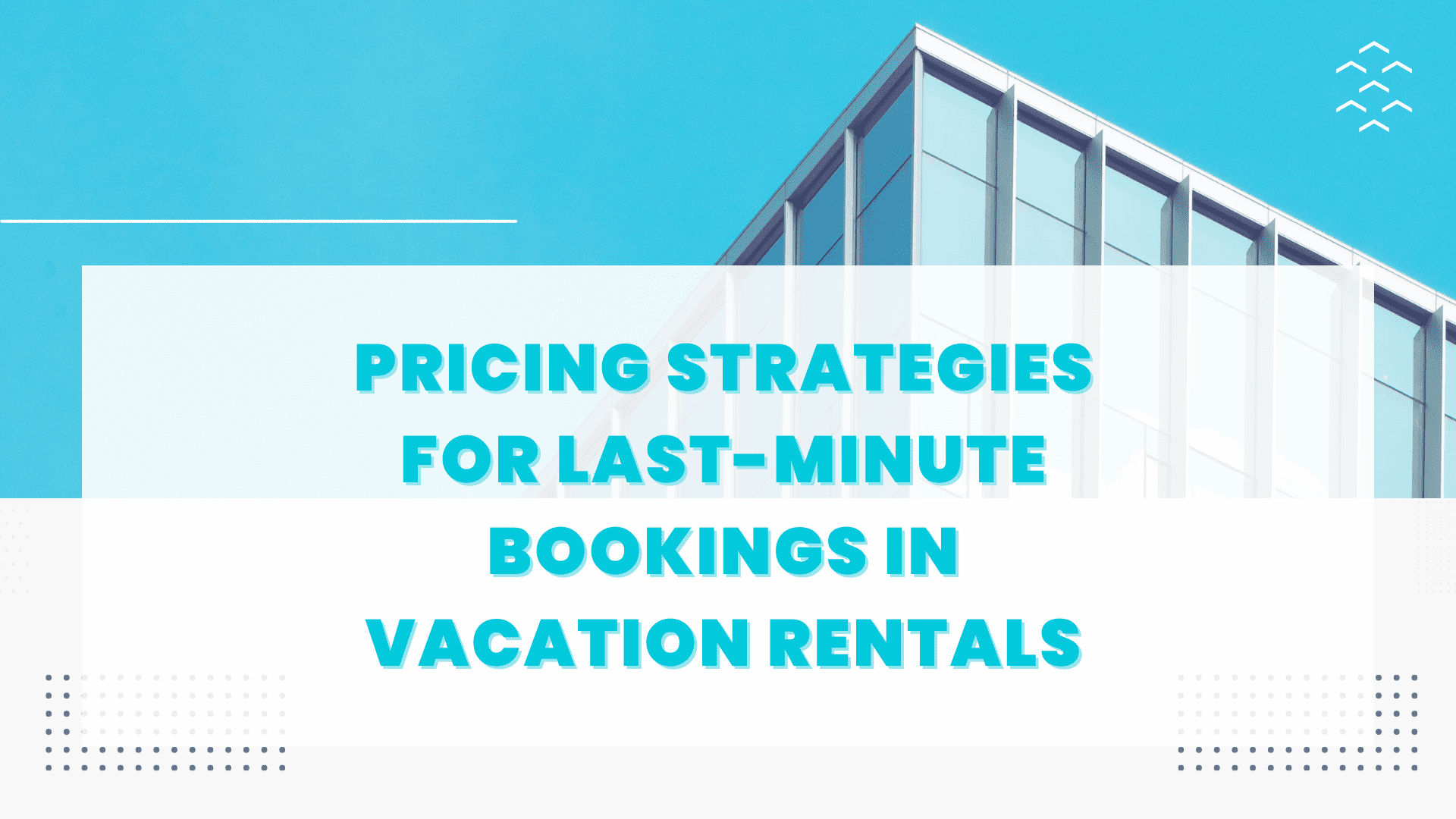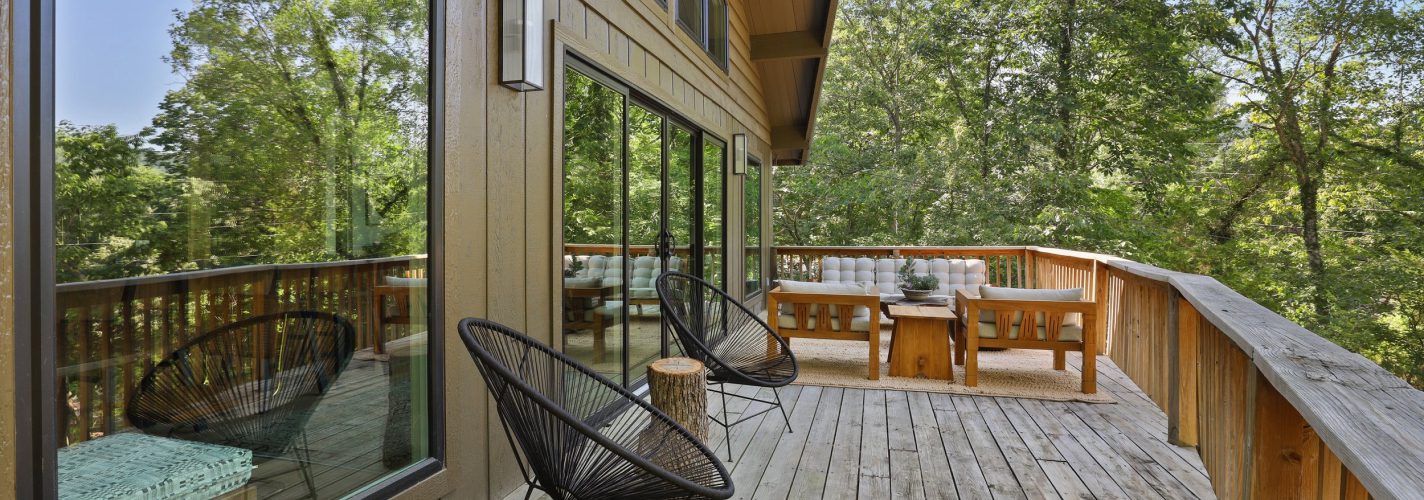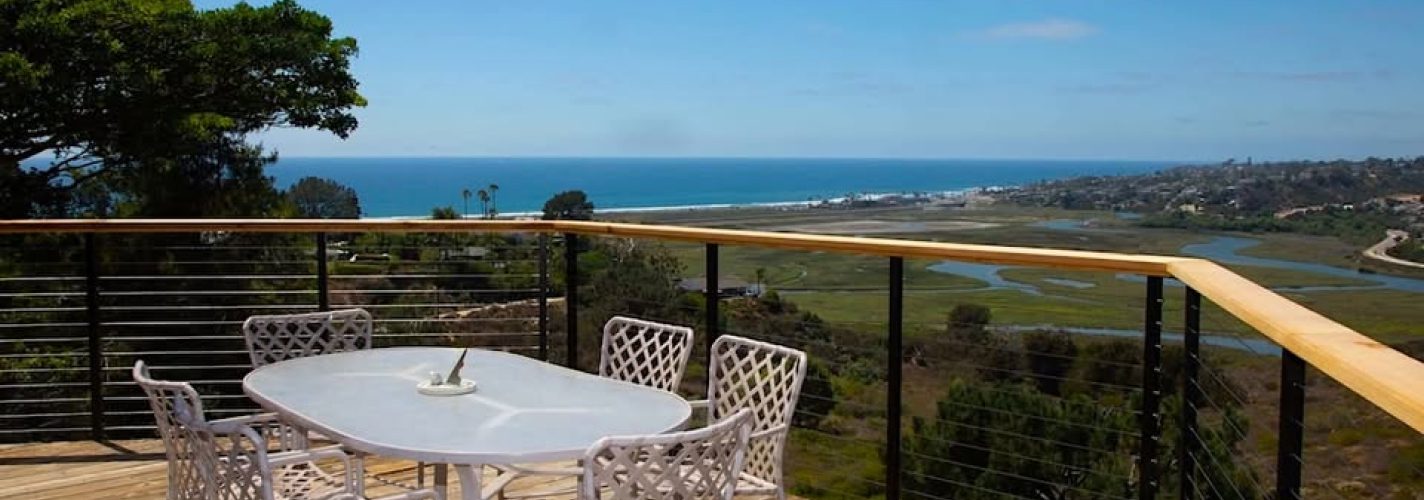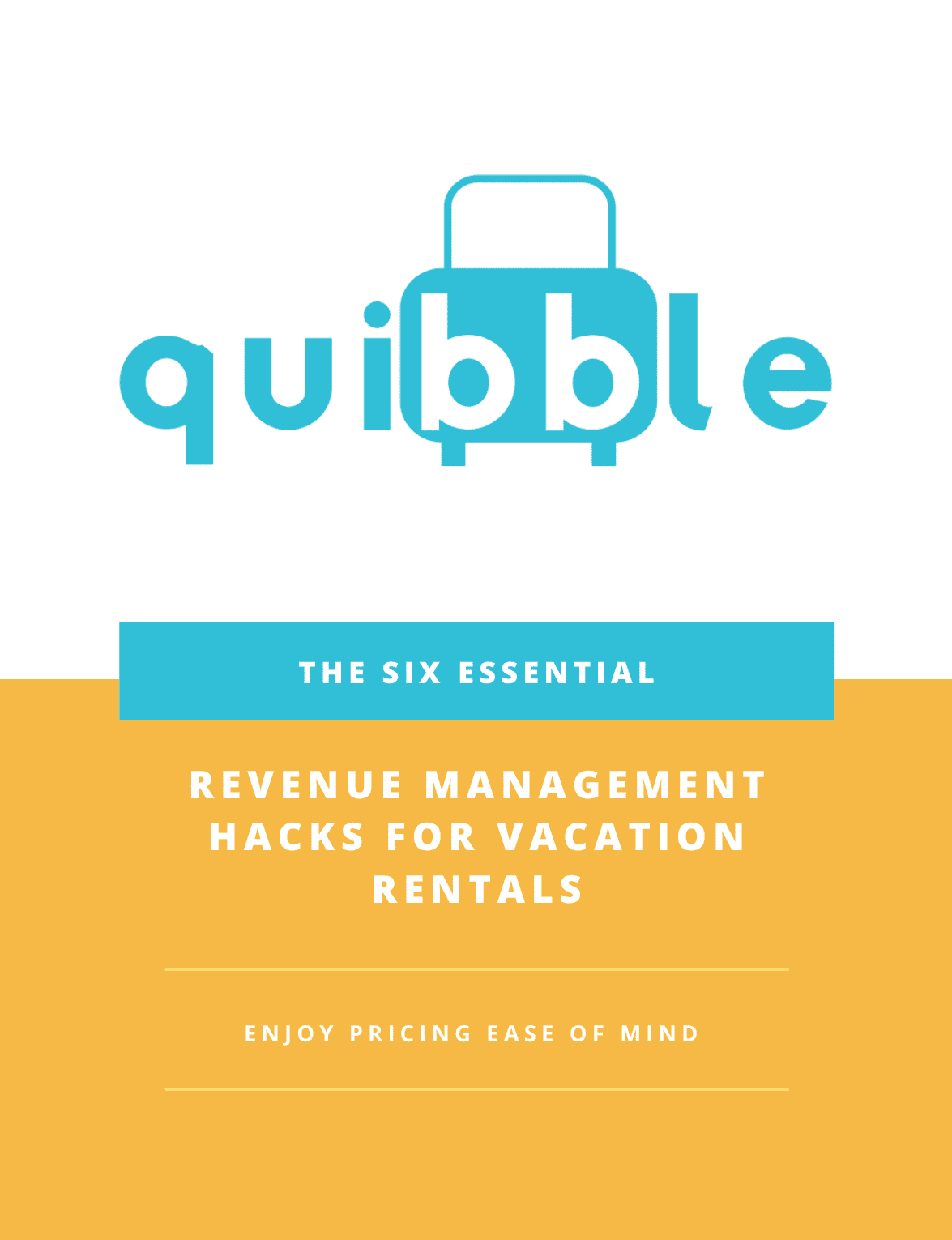Pricing Strategies for Last-Minute Bookings
Last-minute bookings are becoming increasingly significant in the vacation rental industry. As travelers become more spontaneous and expect instant access to information, short-term rental (STR) owners and property managers must adapt their pricing strategies to attract these customers. In this blog post, we will explore data-driven solutions to help maximize revenue from last-minute bookings in vacation rentals. We will analyze various pricing strategies, such as dynamic pricing, discounts, and minimum stay adjustments.
1. Dynamic Pricing: The Power of Real-Time Adjustments
Dynamic pricing is a data-driven strategy that involves adjusting rental rates based on factors such as demand, seasonality, availability, and competition. This approach involves adjusting prices according to real-time demand and local market conditions. Quibble is a revenue management platform that offers dynamic pricing solutions for STR owners and property managers.
Utilizing tools like Quibble enable property owners to automate dynamic pricing adjustments, optimizing their rates for last-minute bookings. By leveraging data from millions of listings, Quibble generates tailored pricing recommendations that can maximize revenue and attract last-minute guests. Sign up for a free trial by clicking the button below:
2. Discounts: Enticing Last-Minute Bargain Hunters
Offering discounts for last-minute bookings is another effective way to entice customers who are looking for a deal. STR owners and property managers can apply various discount metrics, such as a percentage or fixed rate reduction, depending on their preferences. By reducing rental rates for available dates within a short time frame, property owners can encourage spontaneous bookings.
Implementing targeted discounts for specific periods or weekdays can further incentivize potential guests to seize the opportunity and secure the rental. These time-sensitive offers cater to travelers seeking budget-friendly options and can significantly boost occupancy rates.
3. Minimum Stay Adjustments: Flexibility for Last-Minute Travelers
Altering the minimum stay requirement for last-minute reservations is another valuable strategy that STR owners and property managers can employ. Last-minute travelers often have limited time for their vacations. By reducing the minimum stay length, STR owners and property managers increase the chance of securing a booking during periods of low occupancy.
For example, reducing the minimum stay from a week to a few days can attract travelers looking for short getaways. Analyzing historical data on booking patterns and guest preferences can help property owners determine the optimal minimum stay adjustments that align with market demands and increase bookings.
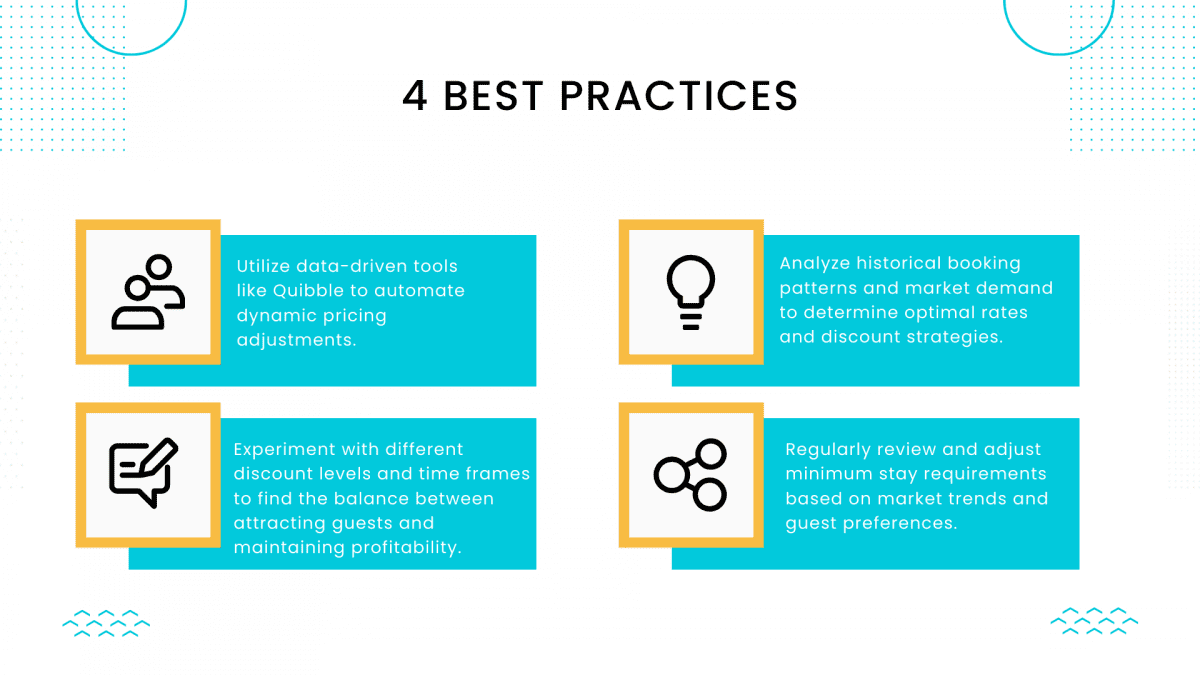
💎 Conclusion
In conclusion, STR owners and property managers can optimize their last-minute bookings by implementing data-driven pricing strategies. Dynamic pricing ensures rates align with demand, maximizing revenue. Offering targeted discounts appeals to price-conscious travelers, driving occupancy rates. Adjusting minimum stay requirements accommodates time-constrained guests, boosting bookings and guest satisfaction.
As STR owner and property manager, implementing these best practices will not only help you attract more guests but also maximize your revenue potential during both peak and off-peak seasons. By employing these pricing strategies, STR owners and property managers can optimize their last-minute bookings, improve occupancy rates, and enhance their overall revenue potential.

